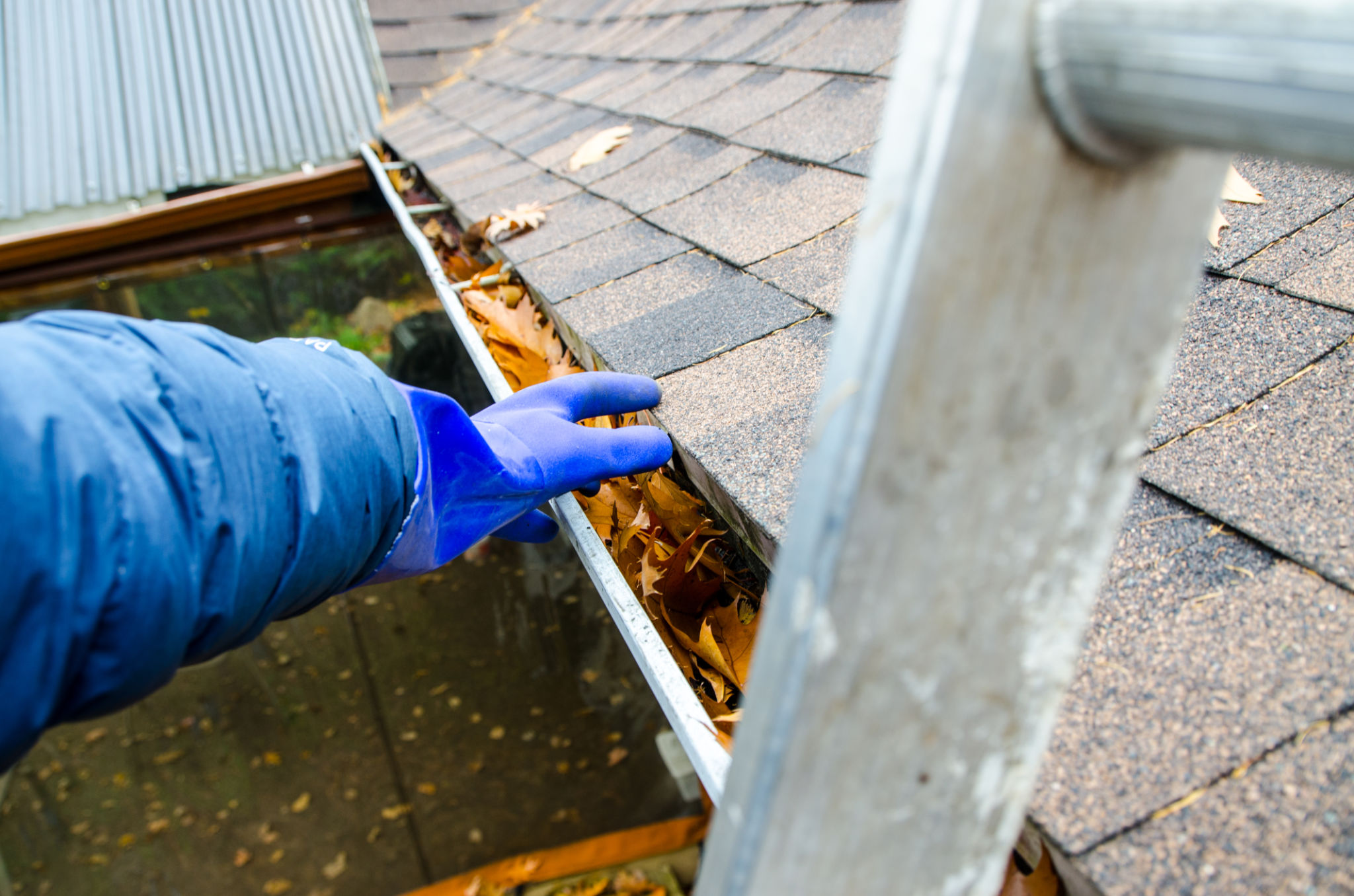How to Prevent Sewer Backup in Your Connecticut Home
Understanding Sewer Backup
Dealing with a sewer backup is one of the most unpleasant challenges a homeowner can face. Not only does it create a mess, but it can also cause significant damage to your property and pose health risks. In Connecticut, where extreme weather conditions are not uncommon, taking proactive steps to prevent sewer backup is crucial for maintaining a safe and functional home.

Causes of Sewer Backup
Understanding the causes of sewer backup is the first step in prevention. Common causes include:
- Clogs: Grease, hair, and other debris can accumulate in pipes, leading to blockages.
- Tree Roots: Tree roots can invade sewer lines, causing cracks and blockages.
- Heavy Rainfall: Excessive rain can overwhelm sewer systems, especially in areas with combined sewer systems.
Regular Maintenance is Key
Regular maintenance plays a vital role in preventing sewer backup. Homeowners should opt for routine inspections to identify potential issues before they escalate. Hire professionals to clean your sewer lines periodically, ensuring they remain free from obstructions. Additionally, installing backwater valves can help prevent sewage from backing up into your home during heavy rainfall.

Be Mindful of What Goes Down the Drain
One of the simplest ways to prevent sewer backup is to be cautious about what goes down your drains. Avoid flushing items like wipes, diapers, and sanitary products, which can cause significant clogs. In the kitchen, dispose of grease and oil in the trash instead of pouring them down the sink. Using strainers in sinks can also help catch debris like food particles and hair.
Address Landscaping Issues
The landscaping around your home can impact your sewer system. Trees and shrubs with aggressive root systems should be planted away from sewer lines to prevent root intrusion. If you suspect that tree roots have already invaded your pipes, seek professional help to manage the situation effectively.

Install a Sump Pump
A sump pump can be an excellent investment for homes in areas prone to heavy rainfall. It helps manage excess water and reduces the risk of basement flooding, which can lead to sewer backup. Regularly check your sump pump to ensure it’s functioning correctly and consider having a backup power source in case of power outages during storms.
Keep Gutters and Downspouts Clean
Keeping gutters and downspouts clean ensures that rainwater is effectively directed away from your home’s foundation. Clogged gutters can cause water to pool around your property, increasing the risk of flooding and sewer backup. Regularly clean your gutters and ensure that downspouts are directing water at least six feet away from your home.

Consider Sewer Line Replacement
If your home has an older plumbing system, consider replacing old clay or cast-iron pipes with modern materials like PVC. Older pipes are more prone to cracks and root intrusion. Upgrading your plumbing system can provide peace of mind and reduce the likelihood of sewer issues.
Final Thoughts
Sewer backups can be costly and hazardous, but they are largely preventable with the right measures in place. By understanding the causes and implementing regular maintenance and preventative strategies, you can protect your Connecticut home from the inconvenience and damage associated with sewer backups.
